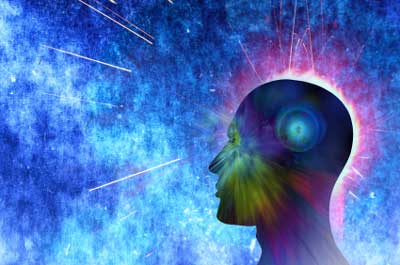The Collective Consciousness: What Is It and How Can It Help?

 If you’re a sociology student, or just happen to be reading through sociology articles on the internet, you might have come across the term “the collective consciousness”. It might seem like a simple phrase but, if you’ll look closer, you’ll see that it has a deeper meaning and that it actually affects your life on a daily basis. To know more about this concept, here are some info can help:
If you’re a sociology student, or just happen to be reading through sociology articles on the internet, you might have come across the term “the collective consciousness”. It might seem like a simple phrase but, if you’ll look closer, you’ll see that it has a deeper meaning and that it actually affects your life on a daily basis. To know more about this concept, here are some info can help:
What is the collective consciousness?
The term “collective consciousness” is a term that was coined by French sociologist Emile Durkheim in the late 1800s. He used the term in all of his written works, but it first appeared in his first book called “The Division of Labour in Society”. In this book, he noted that primitive or traditional societies (i.e., those that are based on clan, tribal and family relationships) unified their members by creating a common consciousness. This means that a certain set of thoughts, behaviours and general awareness were shared by most, if not all, of the members. So, even if human beings are physically and mentally capable to act independently, they can still move in concert with other members of their group and do activities together.
Over the years, the term “collective consciousness” has come to refer to the beliefs and knowledge that are shared by all the members of a particular group (like a class of students in a school, the people who live in one country, or even the population of the world as a whole). This is one of the reasons why, in human societies around the globe, most people will try to conform to their society’s norms and values (in terms of behavior, appearance and other aspects) and do their best to “fit in”.
How can it affect individual persons?
The collective conscious is deeply ingrained into the hearts and minds of human beings that it actually becomes second nature to them. This is most probably developed in the early years of life, when a child starts to explore the world around him. Through trial and error, he begins to understand that some of his actions will let him gain the approval of his parents, teachers, and peers. Of course, he’ll learn that his other actions will cause people to be offended, sad or angry and make them react in a negative way (e.g., his parents spanking him for saying a bad word or his teacher giving him a stern lecture for not doing his homework). As he grows older, he’ll be fully aware of the values and norms of his society and will strive to conform to these concepts.
Is it helpful to individuals in any way?
The collective consciousness is helpful to people because it helps them fit into their society. Since they know how to behave in a way that’s acceptable to their society, they will be welcomed by the people in their community and they’ll feel at home. This, in turn, will make them feel safe and secure in the fact that they “belong”.
However, being aware of the collective consciousness isn’t just about fitting in. Rather, it is also about knowing how you can still find your own happiness and be a part of the community even when your dreams and goals aren’t the same as with other people’s. Gay individuals, for example, might feel like they don’t fit in because of their gender preference but they strive to still become a productive part of society despite this. Couples who consciously decide not to have children might get a lot of pressure from family and friends, but they can stay happy since they know where they stand.
The collective consciousness has been around for years, and it’s most likely here to stay. So, the best thing to do is to know how to deal with it while finding your personal happiness at the same time.


Comments are closed.